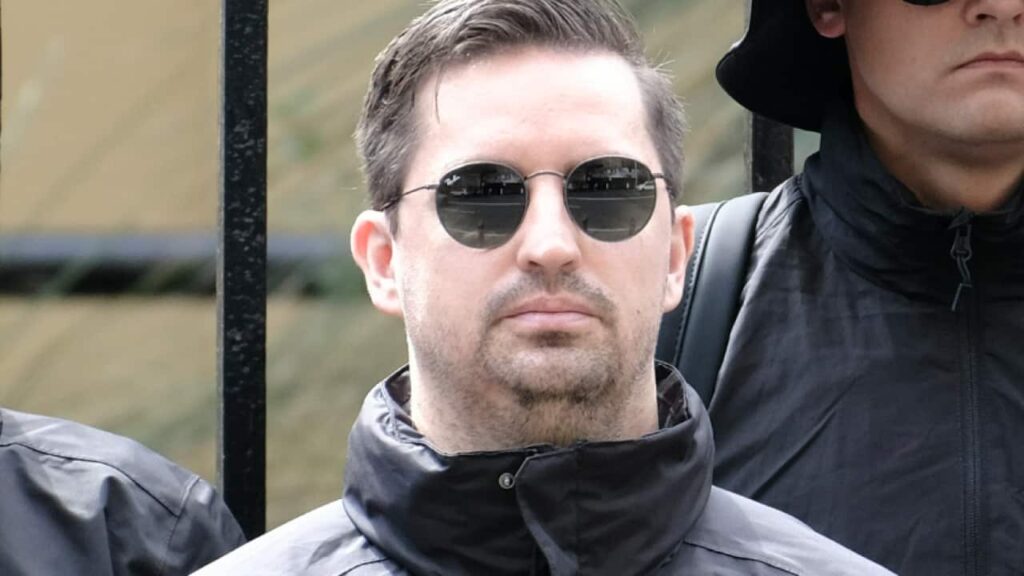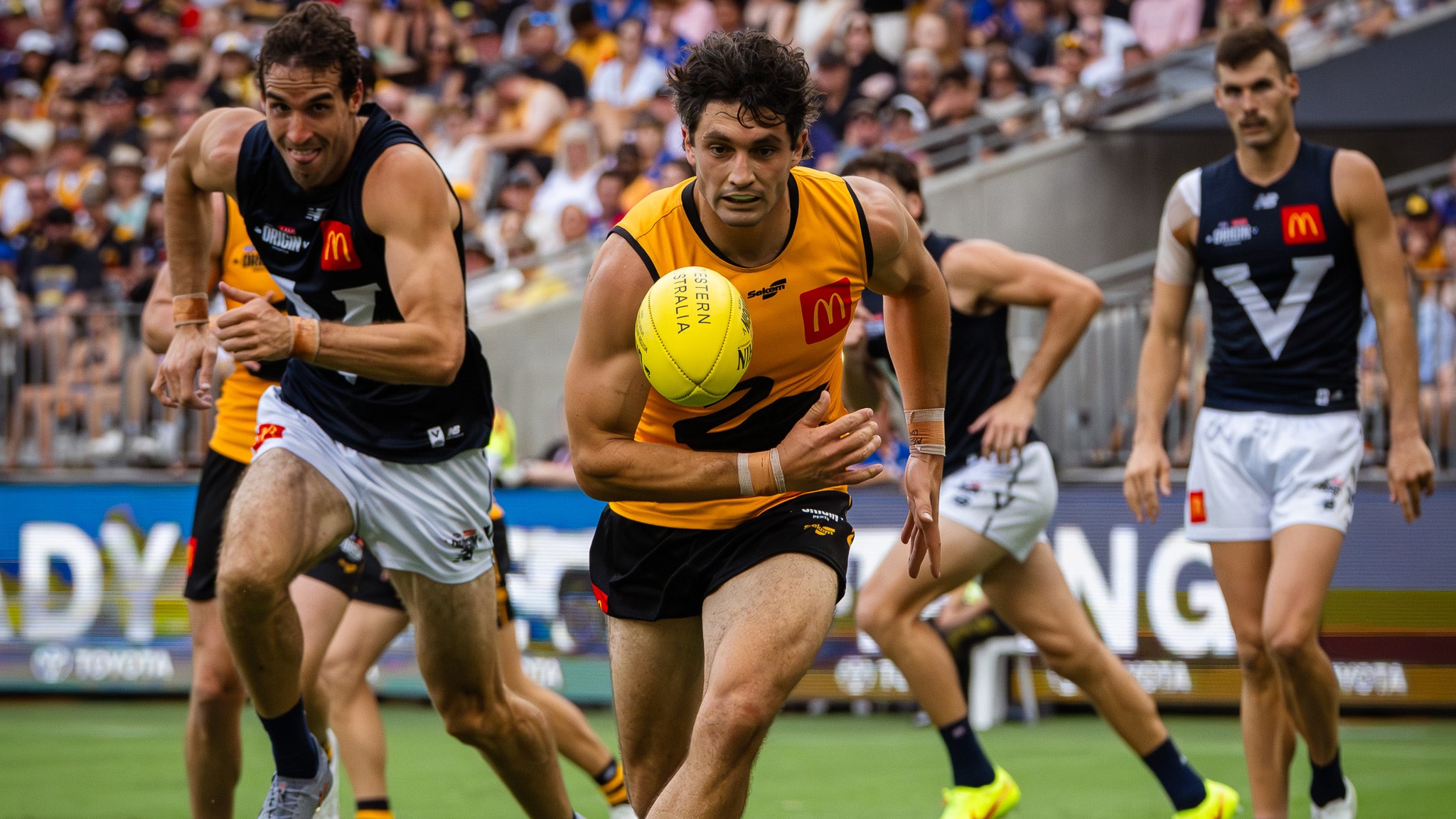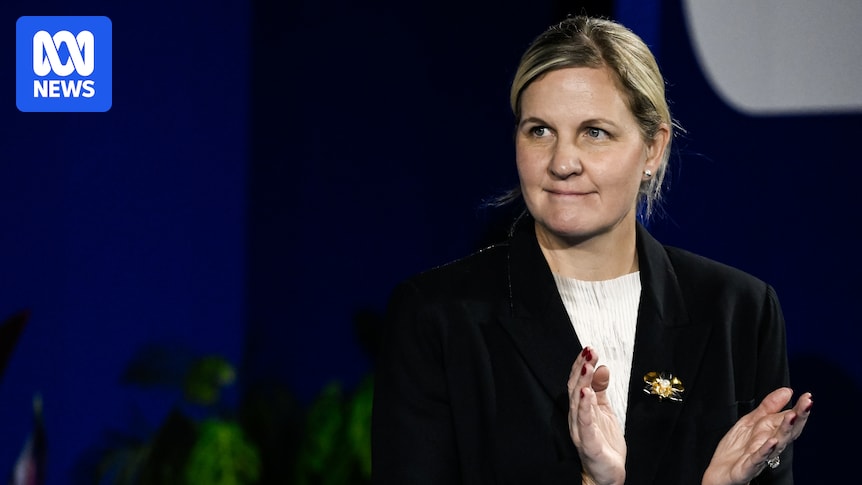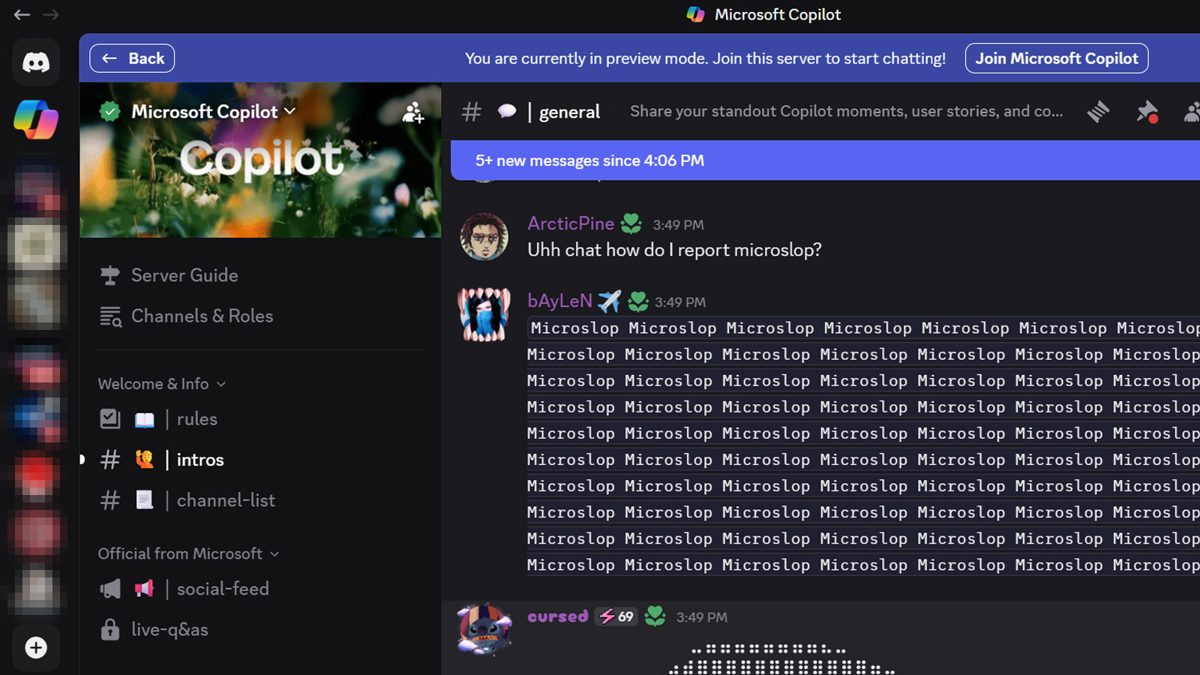
A South African neo-Nazi, Matthew Gruter, is facing imminent deportation from Australia after his visa was cancelled by Home Affairs Minister Tony Burke. Gruter participated in a rally outside the New South Wales (NSW) parliament on November 8, where demonstrators chanted racist slogans reminiscent of Hitler Youth. The rally, which involved 60 black-clad participants, has sparked widespread condemnation and a swift response from Australian authorities.
Gruter was taken into custody by immigration officials early Tuesday morning. He will remain in detention until he is deported or secures his own means to leave the country. Minister Burke emphasized the importance of upholding societal norms, stating,
“If you’re on a visa, you’re a guest in Australia, and if a guest turns up to your home, you’ve got expectations about how they’ll behave.”
Burke further added,
“Australia has asked them to leave.”
Given the ministerial decision, Gruter has limited grounds for appeal and is expected to leave the country soon.
Political Reactions and Legal Implications
The cancellation of Gruter’s visa has drawn reactions from across the political spectrum. Liberal frontbencher Jonno Duniam expressed support for the government’s decision, asserting that there is “no room in Australia for clowns like that.” Meanwhile, One Nation leader Pauline Hanson also voiced her opposition to neo-Nazism. However, United Australia Party senator Ralph Babet defended Gruter’s right to free speech, cautioning that
“eventually the same power and attitude will be turned against you for your views.”
In response to the rally, NSW Attorney-General Michael Daley announced the introduction of a bill to reinforce police powers to move on protesters who disrupt access to places of worship. Daley stated,
“This change strikes the right balance between protecting the community and the right to protest.”
The proposed legislation aims to address concerns following the NSW Supreme Court’s October ruling that invalidated previous laws for being overly broad.
Broader Context and Historical Parallels
The neo-Nazi rally and subsequent visa cancellation come amid a broader societal debate on the limits of free speech and the rise of extremist ideologies. Australia, like many other countries, is grappling with how to balance individual rights with the need to maintain public order and social cohesion. The rally has reignited discussions on whether additional legal measures are necessary to curb hate speech and extremist activities.
Historically, Australia has taken a firm stance against hate groups, with laws prohibiting the display of Nazi symbols and slogans. The government’s current consideration of further restrictions reflects a continued commitment to countering extremism. These efforts are part of a global trend, as countries worldwide confront the challenges posed by resurgent far-right movements.
Future Implications and Community Impact
The deportation of Matthew Gruter and the legislative measures being introduced in NSW highlight the ongoing tension between safeguarding free expression and ensuring community safety. As Australia navigates these complex issues, the outcomes of these actions will likely influence future policy decisions and public discourse.
For Gruter’s family, the situation remains uncertain. According to his supporters, his wife and four-week-old child have been given 30 days to leave the country, although Home Affairs has not confirmed these details. The case underscores the personal and familial impacts of immigration enforcement actions, prompting further debate on the humanitarian considerations involved.
As the situation unfolds, the Australian government continues to emphasize the importance of upholding democratic values and fostering an inclusive society. The developments surrounding this case will be closely watched, both domestically and internationally, as Australia seeks to reaffirm its commitment to combating hate and promoting unity.





